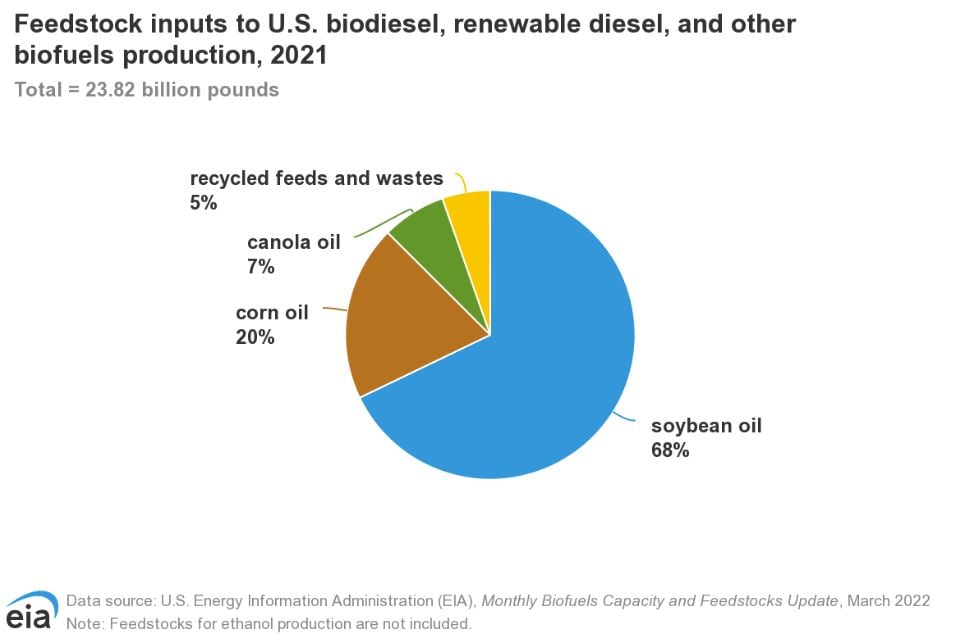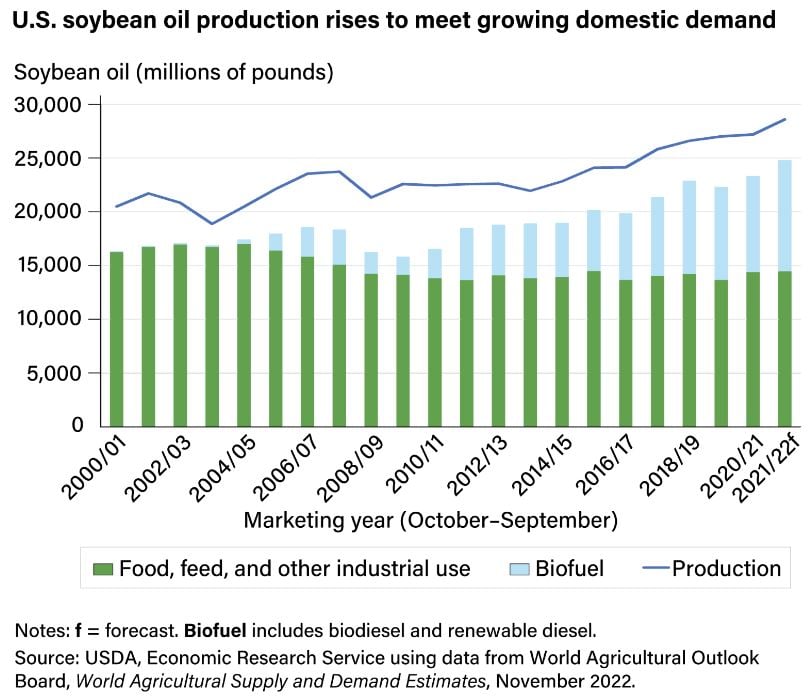A good Clean Heat Standard would apply to gas, oil, and propane. Not electricity.
In Massachusetts, both the legislative and executive branches are considering a Clean Heat Standard (CHS) to...
In previous blogs, we expressed strong support for a Clean Heat Standard (CHS) as a policy to decarbonize the building sector. We have also expressed vehement opposition to the notion put forth by gas utilities of allowing renewable natural gas and hydrogen to be considered clean heat. This blog covers the question of whether biodiesel ought to be given credit as clean heat when blended with regular heating oil. Biodiesel is a renewable, biodegradable fuel manufactured from vegetable oils, animal fats, or recycled restaurant grease.
Perhaps recently you have seen messages from the Massachusetts oil heat industry putting pressure on the Department of Environmental Protection (DEP) to modify or drop its attempt to create a Clean Heat Standard (CHS). And perhaps you have seen other ads touting the benefits of “Bioheat." The rhetoric is remarkably like that of the gas industry regarding renewable natural gas and hydrogen.
 The oil industry complains that DEP would be limiting consumer choice by forcing people to switch from heating oil to heat pumps. This is a total mischaracterization of what a CHS would do. A Clean Heat Standard is a policy by which fossil fuel heating sellers (i.e. gas utilities, propane, and fuel oil sellers) would need to earn a certain number of “clean heat credits” every year. These credits are generated by actions that reduce building emissions. A CHS is not a mandate for consumers.
The oil industry complains that DEP would be limiting consumer choice by forcing people to switch from heating oil to heat pumps. This is a total mischaracterization of what a CHS would do. A Clean Heat Standard is a policy by which fossil fuel heating sellers (i.e. gas utilities, propane, and fuel oil sellers) would need to earn a certain number of “clean heat credits” every year. These credits are generated by actions that reduce building emissions. A CHS is not a mandate for consumers.
A CHS would help homeowners and other building owners to get energy efficiency or electrification projects at a reduced cost. For instance, a homeowner installing a heat pump would earn clean heat credits and could, with the help of their contractor, sell those clean heat credits to a fossil fuel heating company to help cover the cost. Alternatively, an oil dealer could help their customers get their homes insulated to earn clean heat credits. There is nothing stopping oil dealers from installing heat pumps themselves.
The oil industry says that if a CHS is put in place, then biodiesel, and blends of biodiesel and regular diesel such as Bioheat, should be eligible for credit. Although there is no official estimate on how much biodiesel is in the Massachusetts heating oil market (or Rhode Island for that matter), it is generally assumed by industry and government sources that B5 is prevailing as the base (B5 means a blend of 5% biodiesel with 95% low-sulfur heating oil). The industry claims that it can ramp up the percentage of biodiesel over time.
| It is worth noting that there was an earlier attempt to set up a biofuel content mandate for home heating oil and diesel transportation fuel which was permanently suspended by the Massachusetts Department of Energy Resources in 2010 on the basis it was “not feasible on the basis of unreasonable cost.” |
What we are seeing from the oil industry is a gross exaggeration about the value of Bioheat in terms of greenhouse gas (GHG) emissions. At Green Energy Consumers Alliance, our response is that DEP should decide how much credit should be applied to biodiesel based on sound scientific evidence. The burden is on DEP to show its work on how it would value biodiesel in terms of GHG emission reduction on a complete life-cycle basis. According to the National Renewable Energy Lab, B20 reduces carbon dioxide emissions by 15% compared to regular heating oil and according to a memo written for DEP by Synapse Energy Economics, B20 offers an emission reduction of 6-10% compared to B5. The question now is, how will DEP score various blends of Bioheat in its CHS regulation?
While we wait for DEP to answer that fundamental question, we would also like to see DEP address these concerns:

Feedstocks matter a great deal because, according to the federal Environmental Protection Agency, B100 (100%) biodiesel reduces emissions 86% if the feedstock is yellow grease, 57% if it's soybean oil, and just 17% if it's palm oil. But B100 is not going to become the norm, suddenly or in ten years. And we know that there is a very small amount of the preferred feedstock, yellow grease. Furthermore, at B20 or less, Bioheat is cost-competitive with regular heating oil. But as the percentage increases, so does the cost premium. If the biodiesel supply is constrained and would come at a premium in any significant quantity, DEP must consider that when writing the regulation.
Consumers in Massachusetts will also be interested in knowing the land use impacts of the various feedstocks. This graph shows how biofuels have increased the national demand for soybean oil greatly in recent years.

Currently, the program in Massachusetts that does the most to support the use of biofuels, the Alternative Portfolio Standard, only supports the use of biofuels that are derived from organic waste. Biofuel derived from waste products, like yellow grease, does not require large amounts of land for growing crops and as mentioned above, produces much lower emissions than biofuels made from soy.
How would DEP measure and verify how much biodiesel would be delivered if Bioheat is determined to be eligible for credit under the CHS? There are hundreds of heating oil dealers in the Commonwealth delivering fuel to 649,000 households. Would it make sense to randomly test heating oil deliveries to calculate an average percentage of biodiesel content and to determine which feedstocks are in the mix? Or does DEP have another plan in mind?

For any state to reach net zero GHG emissions by 2050 or a 50% reduction by 2030, buildings must pivot to electrification for heating. Heat pumps (air-source and geothermal) and heat pump water heaters can get us to those numbers. Fossil fuels blended with biofuels do not. If Mass. DEP finds that biodiesel is worthy of earning clean heat credits at all because it reduces emissions in a verifiable manner, then we simply want to see the evidence and protocol before the regulatory process gets too far along. We also hope that MassDEP follows the precedent set by the Alternative Portfolio Standard and focuses on supporting cleaner, and less land-intensive, waste-derived biofuels.
In Massachusetts, both the legislative and executive branches are considering a Clean Heat Standard (CHS) to...
Energy standards have changed our electricity and auto industries for the better. Now it’s time to bring the same...
Comments